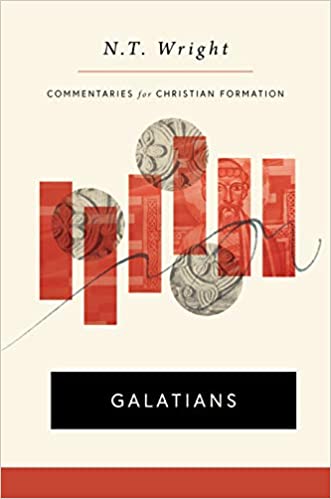Q. I am very glad that you make clear at various points that Galatians is not in the main about later Protestant issues with Catholicism, such as faith vs. works, or salvation by faith alone, and that there is nothing in Galatians that encourages antinomianism, an allergic reaction to obedience to God’s commands as necessary to living out the Christian faith. One of the major problems with reading Galatians is the legacy of Luther, and subsequent Lutheran divines, we’ve inherited in regard to how to read it. It is interesting that John Wesley, after being deeply affected by hearing Luther’s Preface to the Romans at Aldersgate, and having his heart ‘strangely warmed’, when he went on to actually ready Luther’s commentary on Galatians, was appalled. He even says in his Journal ‘he did not clear up a single one of the conundrums of that epistle’. So at least there was one strand of the Anglican tradition that didn’t just jump wholly on the Lutheran boat. May I ask how much of Wesley’s reactions to Luther have you encountered in your studies?
A. Well, I felt it myself when I first studied Luther. I had been brought up to assume that he was the one who ‘rediscovered the gospel’ after the darkness of the Middle Ages; and then when I went to lectures on Luther, and read his commentary on Galatians among several other things, I too was horrified, particularly by his antinomianism. I could see (this would be in the early 70s) that Britain was taking a strongly antinomian path at the social/cultural level – certainly in my own generation – and I could see what that was doing in education and elsewhere. And I could see how that strand of the Reformation (‘Christ is the END of the law!’ interpreted as ‘so – no more moral absolutes!’) was being trumpeted as the answer to all our ills. So though I didn’t get my reaction there from Wesley – about whom, alas, I have remained relatively ignorant! – I was thinking in parallel with him . . .













